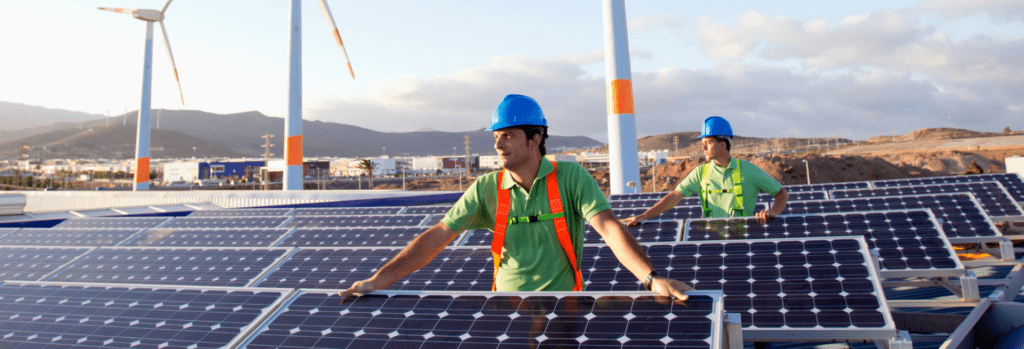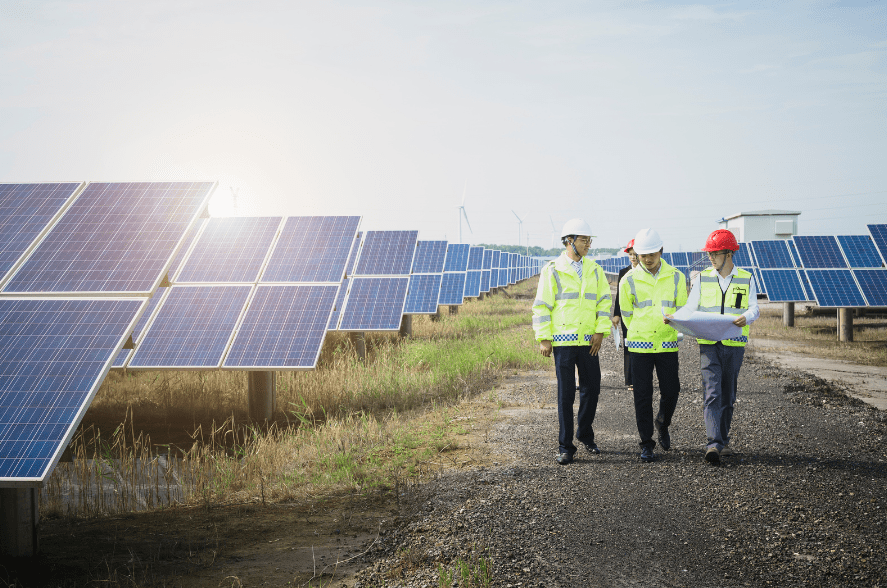Summary of Provincial Budgets 2024: Ontario & Quebec
Provincial governments are slowly unveiling their provincial budgets outlining fiscal strategies ...

The inaugural Energy Innovation Forum was held in Toronto, ON, September 19-20, 2022. The event brought together the main stakeholders in the industry ranging from governing bodies, policy makers, regulators, academia, business owners and students. The forum sought to create a platform where all stakeholders could be updated on the state of affairs, share solutions and ideas, and determine a way forward to meet the energy targets set out in the Net Zero Emissions by 2050 Act.
As the country moves away from traditional fossil-based systems of energy production to more renewable sources, there will be a great need for electricity. The keynote speaker, Francis Bradley, President and CEO of Electricity Canada, made it clear that the demand will be at least 2 times the current level and the explosion of autonomous vehicles, modular reactors and various AI applications will require even greater demand. He noted that all types of technology will be needed, but the time to act is now as projects promoting this transition is a time consuming one. We must fight against complacency and begin to put plans in motion or the target will be on a sliding curve. As we tackle the increased electricity demand we also need to develop and implement decarbonization technologies to reduce energy related green house gas emissions.
Day 1 of the forum highlighted the current situation and issues, while Day 2 dealt more with solutions. The information was shared through a series of panel discussions with very knowledgeable and resourceful panelists from all sectors of the industry.
As the renewable energy market grows, batteries and energy storage solutions of all sizes will be needed. We heard from James Larzen, CEO of E-Zinc that has developed an electrochemical technology for storing energy in zinc metal. As well as, energy storage and scaling projects by SunGrid. The success of the Net Zero Emission Initiative will require significant input from wind and solar energy, but all sources of renewable energy, such as biogas and nuclear energy will be needed to meet the target. The current centralized electricity system is not sustainable and power plants are not keeping up with the demand, so there will be a shift to decentralization and increased decarbonization. As such technology ranging from microgrid development, installation and management; grid connectivity and flexibility, lithium-ion batteries, charging technology, further development of EV batteries, motors and converters, as well as software applications to optimize energy usage will be required.


The challenge is great but the country can learn from the Atlantic provinces that are ahead of the major metropolitan provinces in some areas. We heard of the success of Sharc Technology, that is reducing carbon, energy costs and fresh water use by utilizing wastewater to generate energy and we were challenged to implement innovated solutions to not only reduce carbon emission but cut cost.
Many solutions presented were feasible and beneficial but lack of collaboration and friction between governing bodies, agency and groups will delay action. There are several pilot projects already tested and proven but there is greater need for implementation. Innovative technology to map the energy need and usage of entire cities is available but further analytical technology and customer-friendly technology will be required to traverser the rapidly changing energy landscape.
The energy landscape is changing but the government is empowering stakeholders to take part in the transition by providing funding through several programs including: The Energy Innovation Program, The Grid Partnership Fund, Industrial Energy Efficiency Program, R&D Partnership Fund, Cyber Security and Critical Energy Infrastructure Program (CCEIP), Green infrastructure Programs and many more.
At Leyton, we have a team of dedicated Innovation Consultants who will guide you through the process and help to strategically align your projects to access government funding and incentives to bring your project to market sooner than later.
Explore our latest insights
More arrow_forward
Provincial governments are slowly unveiling their provincial budgets outlining fiscal strategies ...

Recently, Canadian representatives attended COP27 to discuss the actionable steps to implement to...

Human-Machine Collaboration has become an essential part of the manufacturing industry. This coll...

Recent announcements demonstrate that the SR&ED program is now under review. The government w...